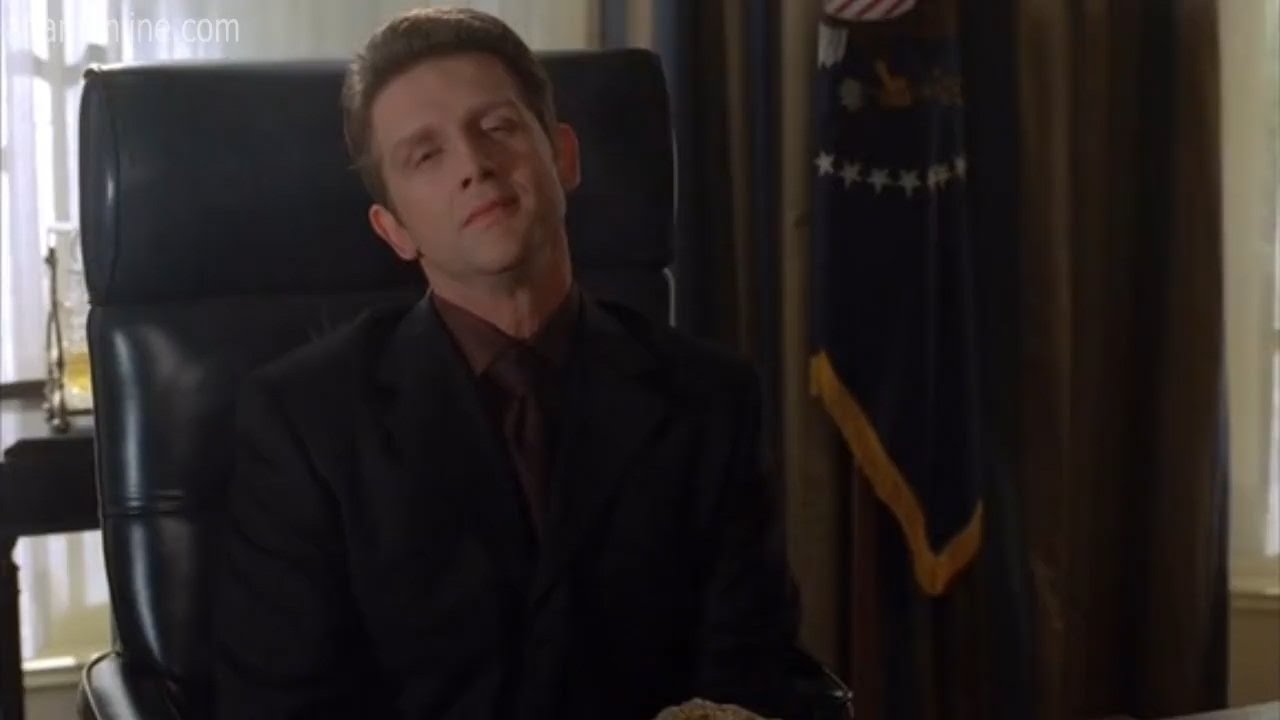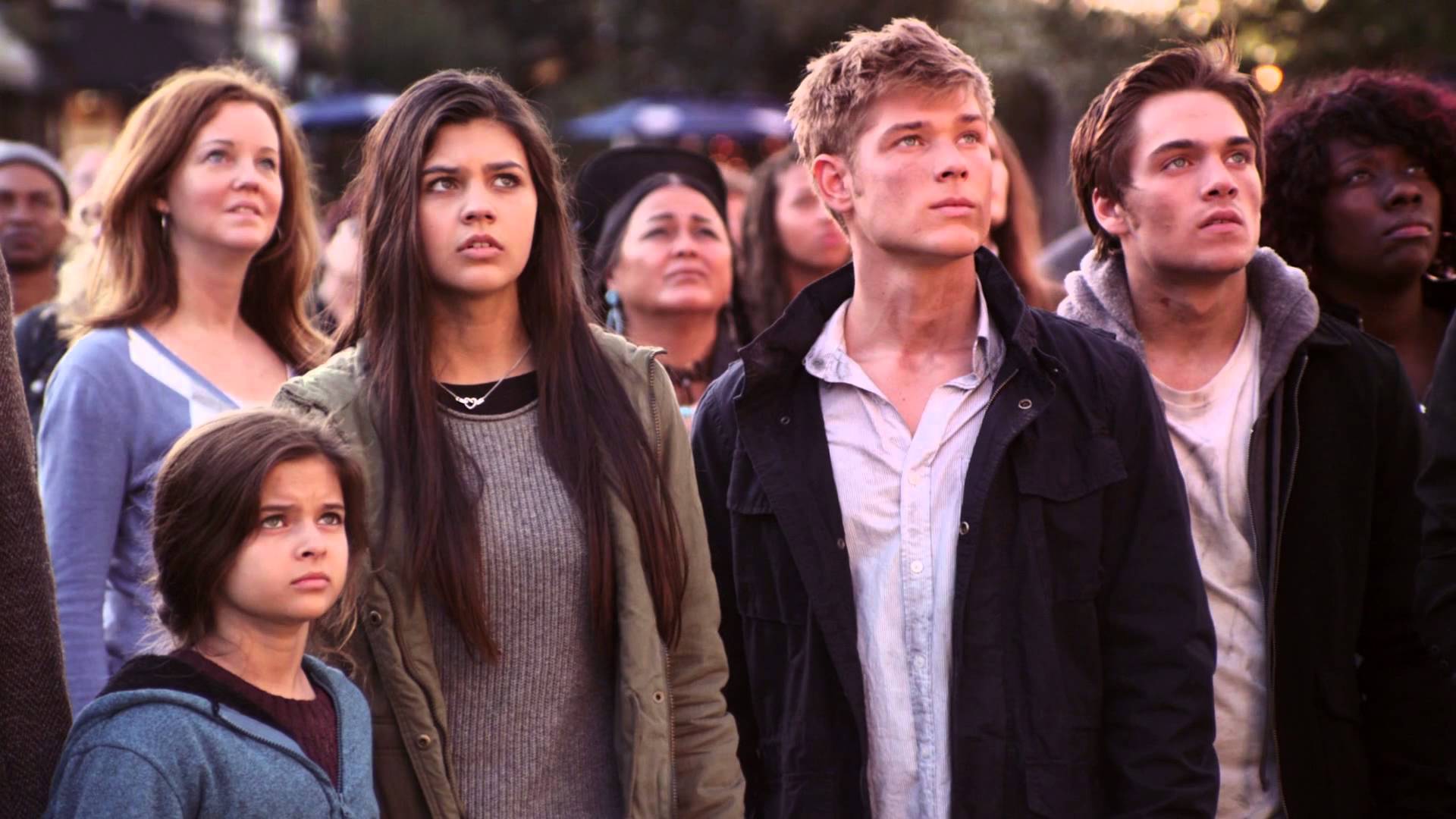It’s exceedingly easy to dismiss evangelical cinema as an amateurish, maudlin, pandering, and cynical exercise in preaching to the converted. This is at least in part because it’s generally been the case. But the field isn’t completely identical, even if it might look so from the outside: the Left Behind franchise in and of itself demonstrates that there are a number of forms these appeals can take.
For a whole host of reasons, overtly religious entreaties and polemics don’t often make for engaging films, unless you have arrived at the theater simply to cheer for your team, in a contest with no opponent. In the Left Behind films, first Kirk Cameron and then others tried to infuse their scolding narratives with a sense of epic grandeur and existential angst, to varying degrees of success.
Despite my limited familiarity with the films, I’ve made just as much fun of these films as anyone. This is, as Kirk Cameron would no doubt assure me, bearing false witness. As penance, I watched them and will now, appropriately, pass judgement.
Here are the Left Behind films, ranked, just like the moral precepts contained in the Scriptures, from Hot to Not. (Note: This may not be the actual structure of the Scriptures.)
1. Left Behind: The Movie
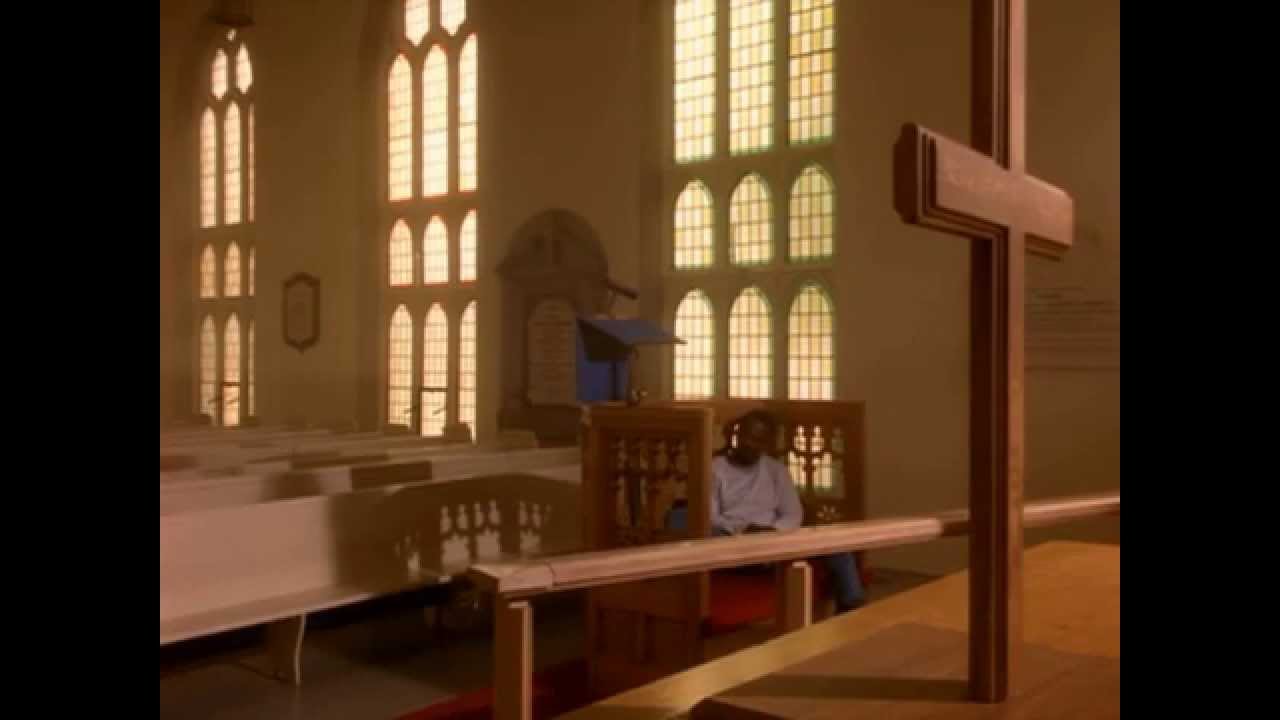
Despite its direct-to-video aesthetic, the presence of characters hilariously named “Buck Williams” and “Rayford Steele”, and a voiceover that includes the line “How do you describe both the beginning and an end? We should have known better, but we didn’t. What does it matter if we think we know? In the end, there’s no denying the truth,” Kirk Cameron’s first foray into adapting the blockbuster Left Behind novels is the best of the bunch.
Left Behind: The Movie (not to be confused with Left Behind: The Book, Left Behind: The Musical, or Left Behind: 35 Meatless Recipes For A Post-Rapture Picnic) sets the stage for the original, Cameron-heavy trilogy. Its best attribute is the inclusion of doubt, an aspect the series will increasingly jettison as it continues.
Cameron’s Buck Williams is a hot-shot, agnostic reporter, introduced outside a Jerusalem that looks suspiciously like a rock quarry outside of Ontario (because that’s exactly what it is). Soon, many people will vanish mysteriously, planes will strafe the GMO fields an Israeli scientist has developed to feed the world, an Antichrist will seize the reins of earthly power, and a similarly God-doubting pilot who insists on being called Rayford will have an epiphany.
It’s rare that the throat-clearing first installment proves to be the most fun, but it’s the case with Left Behind: The Movie. We have nowhere to go but down from here.
2. Left Behind: World At War
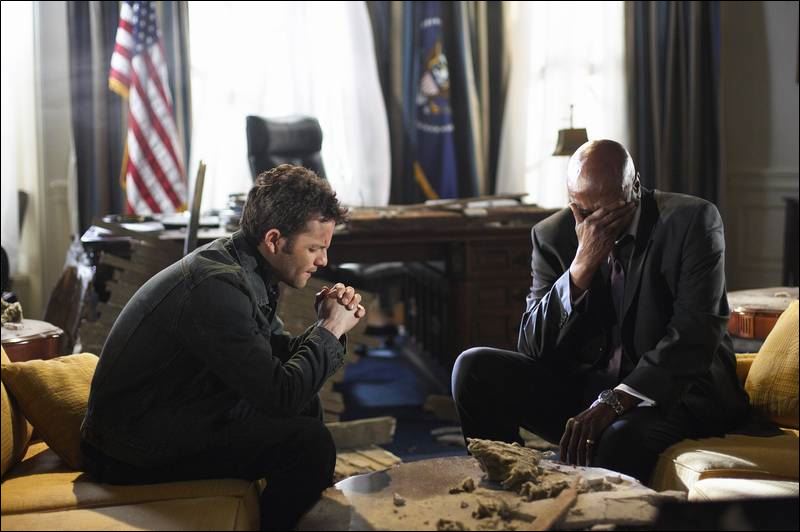
The final installment of Left Behind: The Cameron Years finds our heroes on the brink and a world … well, at war. The evil Nicolae Carpathia, who really should’ve been banned from a global leadership role on the basis of his scary name alone, is plotting his end-game, delivering on the promises in the Book of Revelation.
Oddly, World At War opens with a double-marriage — Buck to Chloe, Rayford to a woman we’ve never met until literally just this moment — but then seems to forget about our protagonists for much of the film. Instead, we follow U.S. President Gerald Fitzhugh (Iron Eagle‘s Louis Gossett, Jr.) as he pivots from the murder of his second-in-command to an all-out assault on the forces of Satanic domination.
Why Louis Gossett, Jr.? Who can say? My theory: with the departure of Clarence Gilyard Jr., who played Pastor Bruce Barnes in the first two films and also Sundown in Top Gun, the producers decided they needed to compensate with an actor who had also appeared in a mid-80s film about airplanes. There may also have been a Canadian tax break involved if you cast the requisite number of Juniors.
Anyway, though a crisis of faith interrupts the narrative, and also provides Cameron an opportunity to preach the Word to Fitzhugh (or, as I like to think of him, the Right Rev. Charles “Chappy” Sinclair), Left Behind: World At War mostly sticks to things blowing up. Its body count is certainly the highest of the franchise, pre-Nic Cage, and at times it seems more like London Has Fallen than Left Behind: The Movie. But it’s entertaining enough, and Gossett is always an appealingly gruff presence.
3. Left Behind: Vanished: Next Generation
Tripling down on the Left Behind films’ odd penchant for colons in the title, Left Behind: Vanished: Next Generation represents the most recent attempt to reboot things. In this case, it could’ve been called Left Behind: Breaking Dawn – Part I without any damage to accuracy or titular clunkiness.
Vanished: Next Generation wears its “youth appeal” trappings on the sleeves of its clerical robes, even going so far as to mimic Twilight‘s love triangle. It’s a curious entry, and actually pretty interesting in its evangelical motivations. For one thing, it presents a post-Rapture world that dispenses with almost all aspects of the central narrative, and instead follows a bunch of kids into the woods, where they are menaced by an insane survivalist/horticulturalist. (From the Edenic, desert-blooming fields of Left Behind: The Movie to this latest paranoid fantasy, we get the distinct sense that gardeners are not to be trusted. Best leave the harvest to God, kids.)
This tween Rapture narrative reminded me of 10 Cloverfield Lane more than anything — a reimagining of apocalyptic text as small-scale character drama. Unlike 10 Cloverfield Lane, it’s terrible, but it’s rarely boring. Also, Tim LaHaye’s grandson casts himself as Carpathia in a closing cameo overtly modeled on Barack Obama, a fascinating moment in which you can almost hear the writers shout, “Oh shit, we forgot about the Devil! And also Barack Obama! Same diff!”
4. Left Behind: Tribulation Force
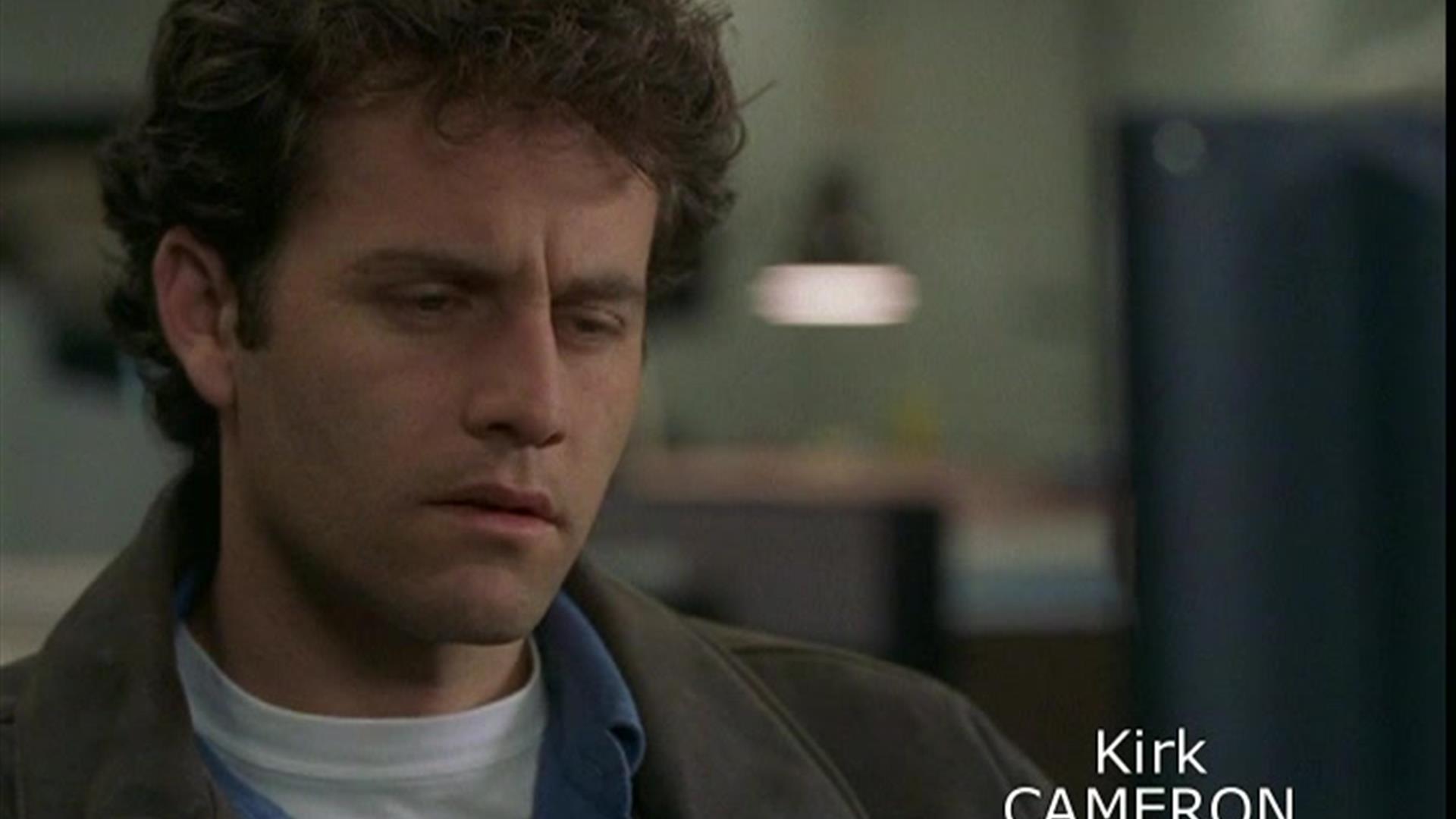
As Buck Williams, Kirk Cameron wears this expression for much of Left Behind: Tribulation Force, the funniest and most offensive of the franchise.
Realizing what they’re up against, Buck, Ray, Chloe, and Bruce The Wayward Pastor form an evangelical Superhero Team, which they ostentatiously dub, in one of the cinema’s great moments, “The Tribulation Force”. Their mission? The dispensing of Bibles, which have now been outlawed as Carpathia tries to institute a One World Religion policy, to go along with the One World Currency and the global rule of the United Nations. (Left Behind is, generally speaking, very worried about fiscal policy, among other things.)
Tribulation Force has many of the series’ most howlingly bad lines (Chloe: “You guys are crazy! You want to work for the Antichrist, and you want to have lunch with him?”) and it’s often the most fun for this reason alone. However, in its closing moments, it also features the apparent conversion of the “world’s most learned Rabbi” to Protestantism after he witnesses a miracle at the Wailing Wall, which, c’mon. C’mon, Kirk Cameron. That’s not cool.
5. Left Behind (2014)
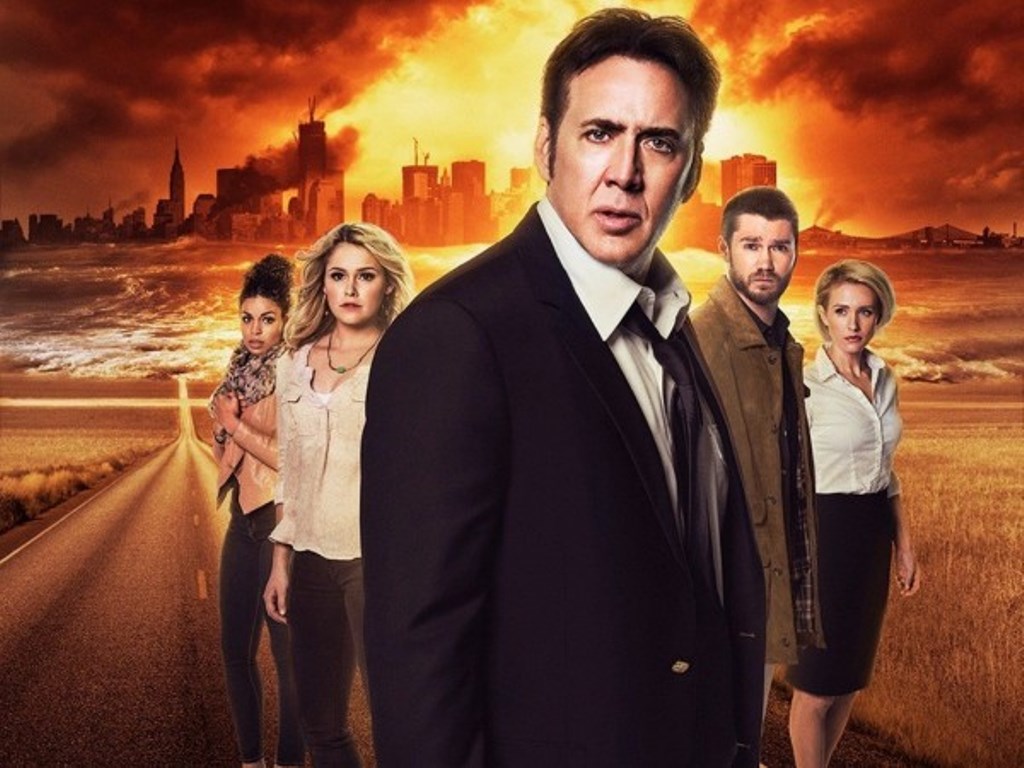
Expectations were high for this Nic Cage reboot several years back. At least, mine were. Who wouldn’t want to see Cage star as Rayford Steele, bringing his bonkers sensibility to already bonkers material? How could it miss?
Answer: by being crazy boring. You do not cast Nicolas Cage in this sort of production and then tell him he is not allowed to do anything but shout “Chloe!” over and over again. It is, frankly, insulting. Not quite as insulting as using the Wailing Wall as a backdrop to evangelical conversion, but insulting all the same.
A year and a half ago, I wrote this:
This is actually not the worst plot ever, which is one of the many strange aspects of Left Behind. If we get past the milleniarian nuttery of its set-up, it reads a lot like an action movie in which casting Cage would make perfect sense. There are even moments when various people’s crises of faith generate some interest, and there’s a narrative lurking just below the surface about the compassion and resilience of ordinary people under extraordinary, existentially-fraught circumstances. It could’ve been Non-Stop: The Reckoning, if that narrative had somehow muscled to the front.
But, no. That narrative, unfortunately, stays way in the back, buried well below the surface of a movie that can’t decide if it’s Evangelical propaganda or Con-Air. At all the places the tension should mount, confusion does instead. So does unintentional comedy.
For some reason, for instance, Jordin Sparks is there. The American Idol contestant plays an unhinged passenger who assumes the disappearance of her Heaven-bound child is a plot by her basketball-playing husband, and seizes a Rapture’d air marshal’s gun to threaten the people she considers his accomplices. A belligerent little person squares off with a Muslim man, with predictably inappropriate comments bandied about on all sides. It’s a situation that involves a whole lot of Buck Williams speeches, which are exactly as thrilling as they sound.
I have nothing more to add. It pains me that the Nic Cage Rapture is the most boring Rapture, but what can you do? The Lord, and His Motion Pictures, work in mysterious ways.

